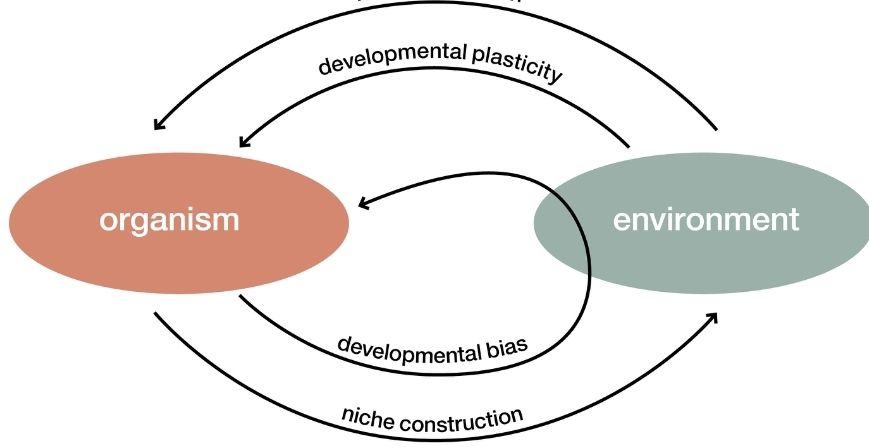Biological Individuality and the Extended Evolutionary Synthesis: A Philosophical Conundrum
The concept of biological individuality has long been a cornerstone of evolutionary theory. It is the biological individual, the organism, that is the target of natural selection, the unit of evolution. However, recent advancements in evolutionary biology, particularly those associated with the Extended Evolutionary Synthesis (EES), have challenged this traditional view. The EES proposes that evolutionary processes extend beyond the gene-centric view of the Modern Synthesis and incorporates factors such as developmental plasticity, niche construction, and epigenetic inheritance. This has led to a re-evaluation of what constitutes a biological individual, raising profound philosophical questions.
The Extended Evolutionary Synthesis and the Organism-Centered View
The EES, in many ways, appears to reinforce an organism-centered view of evolution. It emphasizes the role of the organism in shaping its own evolutionary trajectory through interactions with its environment, developmental processes, and inheritance mechanisms beyond the genetic code. This view aligns with the traditional concept of the biological individual as the primary unit of selection.
However, the EES also introduces concepts that challenge the traditional boundaries of the individual. For example, niche construction theory suggests that organisms actively modify their environment, creating new selective pressures that can influence the evolution of both themselves and other organisms. This blurs the line between the individual and its environment, raising questions about where one ends and the other begins.
The EES and the Changing Concept of Individuality
The history of evolutionary thought has seen a significant shift in the concept of individuality. The Modern Synthesis emphasized the gene as the fundamental unit of heredity and evolution. However, the EES has expanded this view to include a wider range of inheritance mechanisms, including epigenetic modifications and cultural transmission. This has led to the recognition of different levels of individuality, from the genetic to the ecological.
For instance, in the context of multi-level selection theory, groups of organisms can be considered as individuals if they exhibit traits that are subject to selection at the group level. Similarly, holobionts, which are assemblages of different organisms living in close association (e.g., a human and its microbiome), can be seen as biological individuals if they exhibit emergent properties that are not reducible to the properties of their constituent parts.
Philosophical Implications
The EES's impact on the concept of individuality raises profound philosophical questions. If the boundaries of the individual are not fixed but can be expanded or contracted depending on the context, what are the implications for our understanding of evolution, ecology, and even our own place in the natural world?
Moreover, the recognition of different levels of individuality challenges the traditional reductionist approach in biology. If higher-level entities like groups or holobionts can be considered as individuals, it suggests that biological phenomena cannot always be explained by reducing them to the properties of their constituent parts. This calls for a more holistic approach that takes into account the interactions between different levels of biological organization.
Conclusion
The Extended Evolutionary Synthesis is not merely an extension of the Modern Synthesis but a significant conceptual shift that has profound implications for our understanding of biological individuality. It challenges us to rethink the boundaries of the individual, to recognize the importance of different levels of individuality, and to adopt a more holistic approach to studying biological phenomena. While the EES may not provide definitive answers to the philosophical questions it raises, it certainly opens up new avenues for exploration and debate, enriching our understanding of the complex and dynamic nature of life itself.
The ongoing debate surrounding the concept of biological individuality in the context of the EES reflects the vibrant and evolving nature of evolutionary biology. It is a testament to the field's ability to adapt and incorporate new ideas, challenging us to constantly re-evaluate our understanding of the living world.



Comments
Post a Comment